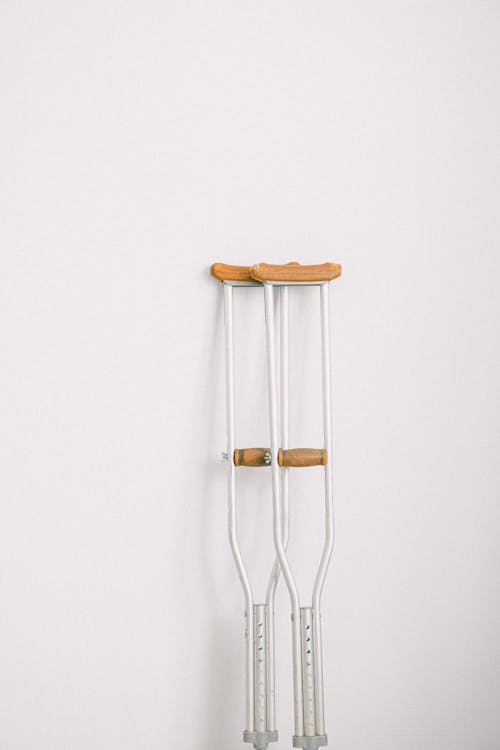Introduction
In the hustle and bustle of modern life, it's easy to overlook the importance of recovery. Whether it's from physical exertion, mental stress, or emotional turmoil, giving your body and mind the time and resources to recover is crucial for overall well-being.
Types of Recovery
Recovery can be categorized into three main types: physical, mental, and emotional. Each type plays a vital role in maintaining balance and resilience in our lives.
Physical Recovery
Physical recovery involves allowing your body to rest and recuperate after physical exertion. This includes activities like exercise, work, or manual labor. Strategies for physical recovery include:
- Rest and sleep: Getting an adequate amount of sleep is essential for repairing muscles and tissues.
- Proper nutrition: Fueling your body with the right nutrients helps support recovery and replenish energy stores.
- Hydration: Staying hydrated is crucial for optimal bodily function and recovery.
- Stretching and mobility exercises: Gentle stretching and mobility exercises can improve flexibility and reduce the risk of injury.
- Massage therapy: Massage can help release tension in muscles and promote relaxation.
Mental Recovery
Mental recovery focuses on giving your mind a break from stress and cognitive strain. This type of recovery is essential for maintaining mental clarity and emotional well-being. Strategies for mental recovery include:
- Stress management techniques: Learning to manage stress through techniques like deep breathing, visualization, or progressive muscle relaxation.
- Mindfulness and meditation: Practicing mindfulness and meditation can help calm the mind and improve focus.
- Cognitive-behavioral therapy (CBT): CBT is a therapeutic approach that helps individuals identify and change negative thought patterns and behaviors.
- Seeking professional help when needed: If you're struggling with persistent mental health issues, don't hesitate to seek help from a mental health professional.
Emotional Recovery
Emotional recovery involves processing and coping with challenging emotions such as grief, anger, or anxiety. It's about finding healthy ways to express and manage your feelings. Strategies for emotional recovery include:
- Journaling: Writing down your thoughts and feelings can help clarify your emotions and provide a sense of release.
- Expressing emotions through art or music: Engaging in creative activities can be a powerful outlet for processing emotions.
- Spending time with loved ones: Seeking support from friends and family can provide comfort and perspective during difficult times.
- Engaging in activities that bring joy: Doing things that you enjoy and find fulfilling can lift your spirits and improve your overall outlook.
The Importance of Self-Care
In today's fast-paced world, it's easy to neglect self-care in favor of other responsibilities. However, prioritizing self-care is essential for maintaining physical, mental, and emotional health. This includes:
- Prioritizing self-care: Make time for activities that nourish your body, mind, and soul.
- Setting boundaries: Learn to say no to things that drain your energy or compromise your well-being.
- Saying no when necessary: Don't hesitate to prioritize your needs and say no to excessive demands or commitments.
Conclusion
In conclusion, recovery is a fundamental aspect of maintaining overall well-being. By prioritizing physical, mental, and emotional recovery, you can enhance your resilience, improve your quality of life, and better cope with life's challenges.
